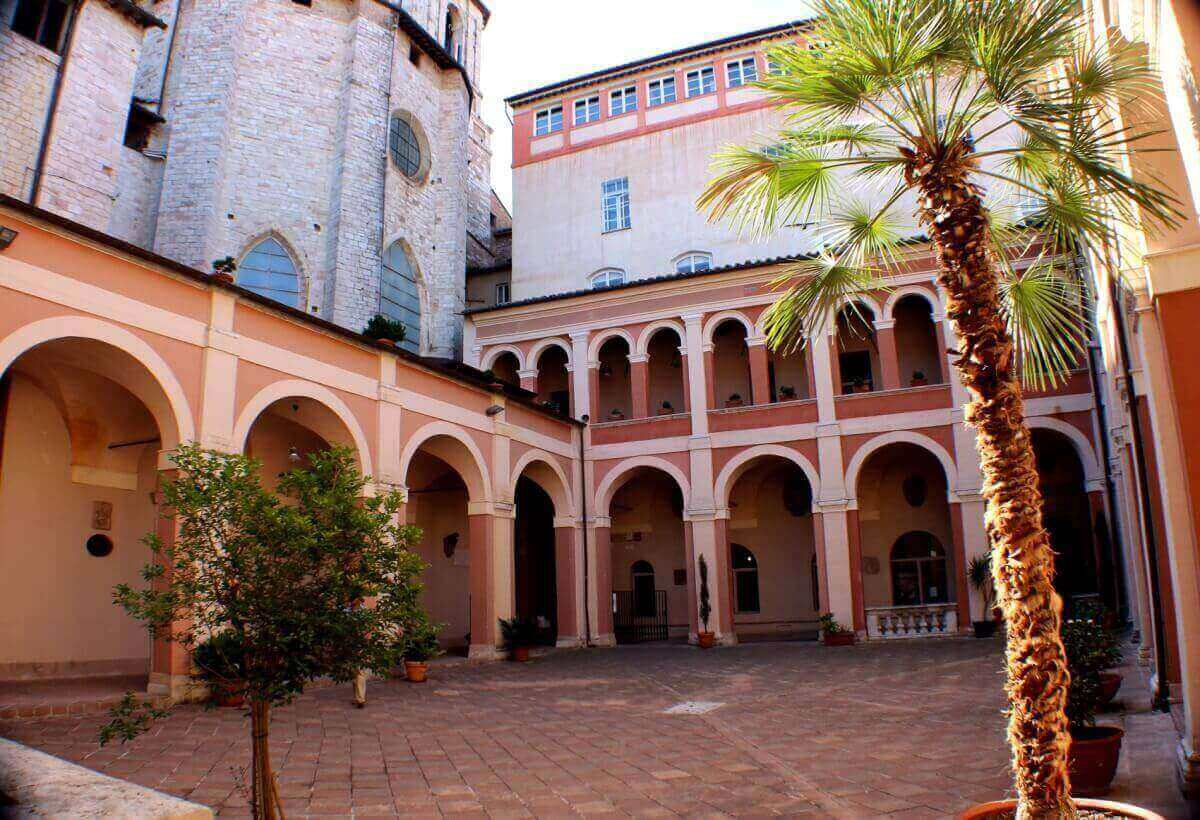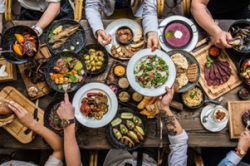ANTH /FSST / SOC 375: Anthropology of Food and Eating: Understanding Self and Others
 Course Description
Course Description
This course will address food-related issues from an anthropological perspective. It will examine the role that food plays in shaping: group and personal identities; ethnic affiliations in a global world; religious boundaries through rituals, taboos, and avoidances; and revitalization of local and global communities. Through readings assignments and ethnographic research in the city of Perugia, students will explore how food traditions and local food are maintained and transformed over time and space, and how culinary knowledge is used to mark cultural belonging and differences. The course will focus on food as cultural heritage through an analysis of culinary tourism, food in urban settings, the culture of restaurants, and UNESCO protection of endangered diets. Furthermore, it will apply gendered perspectives on the body and analyze power dynamics in Italian families through food consumption and preparation. Students will study food as a site of cultural transmission but also of dissent and resistance. The course incorporates a semester-long ethnographic project on restaurants and street-food vendors in Umbria. Through these exercises in qualitative research, students will become engaged in original research in and out of the classroom.
Course Objectives
By the end of the course, students will be able to:
- understand how individual food behaviors are shaped by their society’s food cultures;
- approach cultural differences with an unbiased framework;
- increase their knowledge of local and global cultures through the examination of the food practices of individuals and communities;
- design and carry out a qualitative research project;
- apply ethnographic research skills to contexts in which the cultural, political, and economic value of food can be developed and increased for the benefit of communities and societies;
- recognize the efforts behind organizations and museums that promote and develop food-related cultural events.
Course Materials
Mandatory course reader; available in digital format
Course Fee
$105.00 - Includes mandatory academic excursions: two dinners and tastings.



